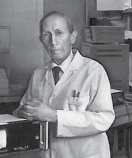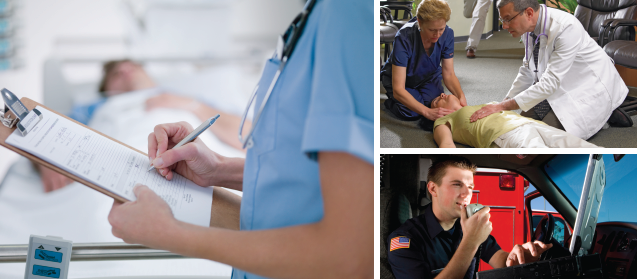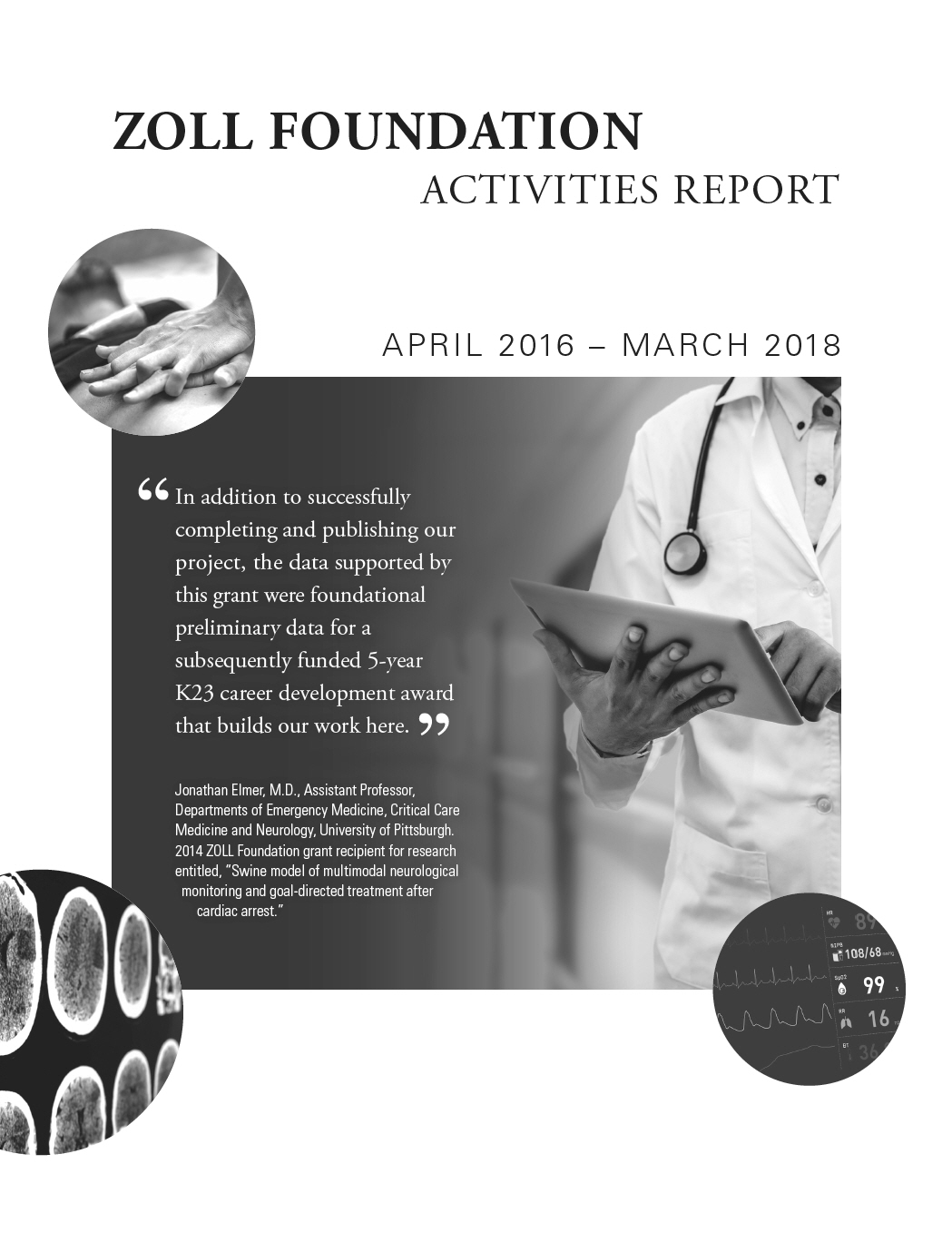
About the Foundation
ZOLL® Medical Corporation has over its history provided support for many activities through corporate sponsorship contributions, donations, and directed research support. The company has funded research across the globe in various areas related to pacing, defibrillation, cardiopulmonary resuscitation, and basic science in related fields. While ZOLL Medical Corporation will support directed research specifically related to ZOLL devices, its management has made a strong commitment to providing a separate source of funding for more basic research that has promise in general to improve resuscitation and acute critical care.
In 2013 the ZOLL Foundation was established by ZOLL Medical Corporation, an Asahi Kasei Group company, as a Massachusetts nonprofit charitable organization to support research in resuscitation and acute critical care.
The Foundation qualifies under the United States Internal Revenue Code as tax exempt under Section 501 (C) (3) and contributions to the Foundation are tax deductible under Section 170 of the Code. It is also registered as a non–profit charity with the Office of the Attorney General for the Commonwealth of Massachusetts.
Newer researchers building their reputations through promising study topics could benefit from “seed” grants available from the ZOLL Foundation. Our focus is on working with budding investigators conducting research in the fields of resuscitation or acute critical care. We hope to provide those starting out a platform upon which to build their success. Whether a study aims to improve practices, prevent patient deterioration, reduce mortality and morbidity, or addresses some other aspect of enhancing care, we invite you to apply.
As a nonprofit organization, the Foundation can accept tax-deductible contributions from organizations and individuals.
Resuscitation and Acute Critical Care – Realities and Possibilities
Sudden cardiac arrest is a major public health problem often unrecognized due to the generally low survival rates associated with resuscitation efforts. The potential for survival is high—up to 50% of all victims—but overall survival is very low. In the United States, survival is estimated to be about 5%, and only 1-2% globally. Low survival rates hold true for both out-of-hospital cardiac arrest and in-hospital cardiac arrest. Yet, in some communities and hospitals, substantial improvements in survival have been demonstrated with the use of newer technologies, better training, and improved post-resuscitation care. Survival of up to half of all victims is very possible. Rates of survival have doubled and tripled in some hospitals and communities where more attention has been paid to resuscitation capabilities and practices.
Prevention of cardiac arrest and patient deterioration in both hospital and out-of-hospital settings has also been demonstrated with reductions in numbers of unexpected cardiac arrests or deterioration of patient conditions due to acute life-threating syndromes. In patients in whom the risk of sudden death has been identified, immediate survival rates as high as 92% have been reported when patients were outfitted with a wearable defibrillator. The gap between survival today—estimated at about 5% in the United States—and the 92% survival in at least one population provides a vision of potential survival. Further research can help identify ways to close the gap between where we are today and where we could be in the future.
While large scale studies and trials are the gold standard for changes in resuscitation and acute critical care, "seed money" as an initial investment, or to look at the effects of new technologies or training practices, is often the nascent stimulus of later changes in practices and the development of improved technologies. The ZOLL Foundation will support these areas by awarding grants typically in the $10 - $50,000 range, rather than consider larger scale studies.

Paul M. Zoll, MD
ZOLL Medical, co-founded by Paul M. Zoll, MD in 1981, continues to play a leading and significant role in helping to achieve improvements in the field of resuscitation and acute critical care. Dr. Zoll’s seminal work in electrophysiology, both internal and external defibrillation, cardioversion, external pacing, and mechanical CPR devices provided not only the foundation for ZOLL becoming the world’s leading company in resuscitation, but a company culture oriented to new technologies and the improvement in care they can provide, in the finest tradition of the company’s namesake. Stimulating and supporting ongoing research in the context of Dr. Zoll’s curiosity and perseverance were fundamental reasons for the establishment of the ZOLL Foundation.



